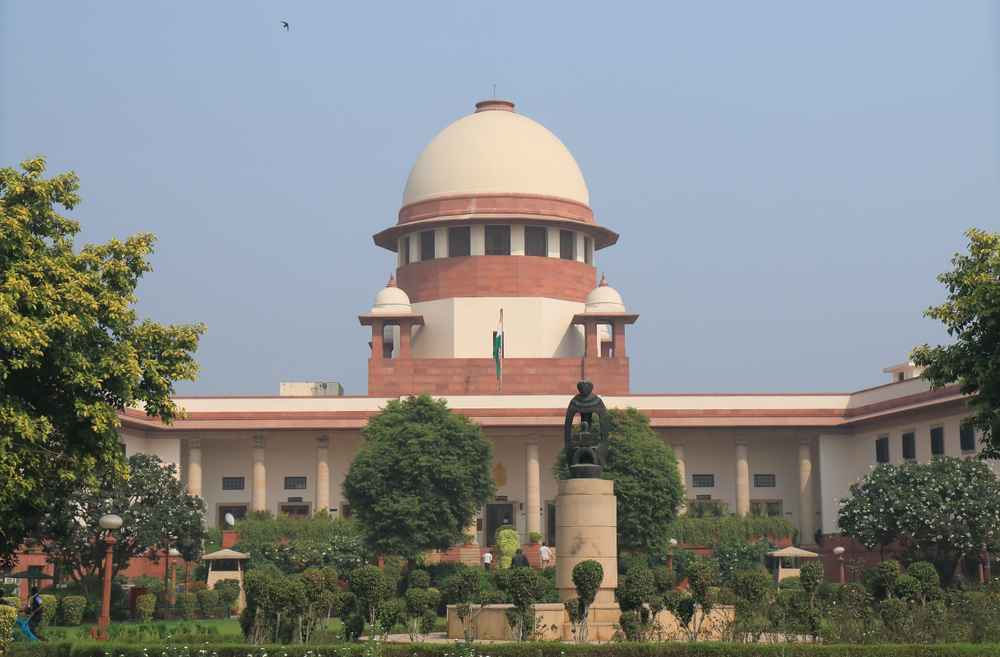The government has the power to ban the assembly of five or more people at a place under Section 144 of the Criminal Procedure Code but the move should justify the test of “reasonableness”, the Supreme Court has held in a series of related decisions over the years.
Otherwise, the court has said, it would violate a citizen’s fundamental right to free speech and expression guaranteed under Article 19 and personal liberty under Article 21 of the Constitution.
The court has clarified that the section can even be imposed “against the public in general” — in other words an entire state — although it has been generally seen that such prohibitory orders are confined to a particular district or a group of districts. But such a decision has to be backed by genuine apprehension about a serious threat to law and order.
The top court had in 2012 listed several parameters for enforcing restrictions while dealing with the violation of Section 144 imposed in Delhi in the wake of protests by yoga practitioner Ramdev, Arvind Kejriwal and others seeking a Jan Lok Pal.
It said the state would have to satisfy the court that the imposition of such restrictions was not only in the interest of the security of the state but was also within the framework of Articles 19(2) and 19(3) of the Constitution. The court said it was an executive power vested in the officer so empowered but there must exist sufficient ground for proceeding and the order imposing Section 144 should be in writing.
“These are the basic requirements for passing an order under Section 144 CrPC. Such an order can be passed against an individual or persons residing in a particular place or area or even against the public in general. Such an order can remain in force, not in excess of two months.
“The Government has the power to revoke such an order and wherever any person moves the Government for revoking such an order, the State Government is empowered to pass an appropriate order, after hearing the person in accordance with Sub-section (3) of Section 144 CrPC. Out of the aforestated requirements, the requirements of existence of sufficient ground and need for immediate prevention or speedy remedy is of prime significance,” the court had said.
The court also said: “Article 51A requires an individual to abide by the law, to safeguard public property and to abjure violence. It also requires the individual to uphold and protect the sovereignty, unity and integrity of the country. All these duties are not insignificant.”
Earlier, in a 1961 case, the court had said the State had a duty to protect itself against certain unlawful actions and, therefore, may enact laws to ensure such protection.
“The right that springs from Article 19(1)(a) is not absolute and unchecked. There cannot be any liberty absolute in nature and uncontrolled in operation so as to confer a right wholly free from any restraint. Had there been no restraint, the rights and freedoms may become synonymous with anarchy and disorder,” the court had said in the State of West Bengal versus Subodh Gopal Bose case (1954).
In 1978, in the Maneka Gandhi versus Union of India case, the court had made the following observation: “The principle of reasonableness, which legally as well as philosophically is an essential element of equality or non arbitrariness, pervades Article 14 like a brooding omnipresence and the procedure contemplated by Article 21 must answer the test of reasonableness in order to be right and just and fair and not arbitrary fanciful or oppressive, otherwise it would be no procedure at all and the requirement of Article 21 would not be satisfied.”










